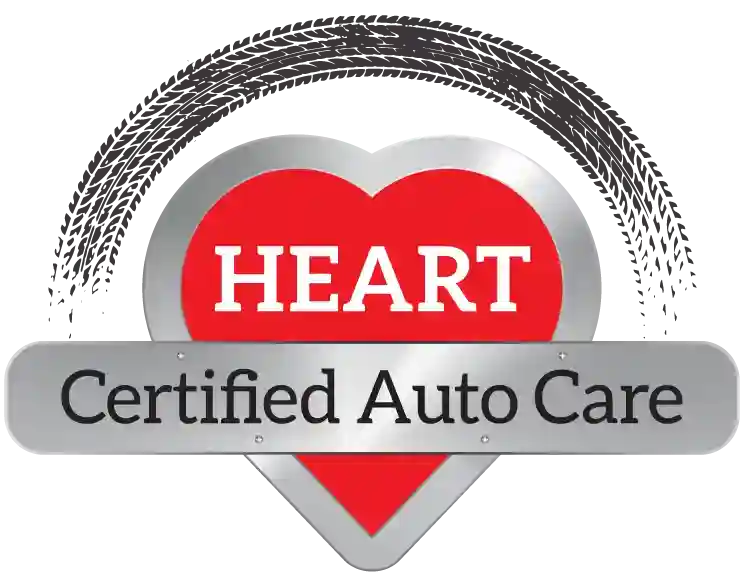Your vehicle’s engine is a complex mechanical system that requires regular maintenance to stay in good working order. Unfortunately, even with regular maintenance, it’s possible for your engine to develop problems. Knowing the common engine problems and how to diagnose them can help you catch the issue before it becomes a major repair.
The Most Common Engine Problems
There are a variety of common engine problems that can arise in your vehicle, including:
- Low Oil Pressure: There are a variety of reasons for low oil pressure including a worn or failing oil pump or a clogged oil filter. It can also be caused by a lack of oil or an issue with the oil pressure sensor.
- Overheating: Overheating can be caused by issues such as a low coolant level, a broken water pump, a faulty thermostat, or a clogged radiator. It can also be caused by a worn or broken fan belt.
- Rough Idle: Rough idle can be caused by a dirty air filter, a faulty spark plug, a clogged fuel filter, or a worn or faulty spark plug wire. It can also be caused by a vacuum leak or a faulty fuel injector.
- Knocking Noises: Knocking noises can be caused by a variety of issues, including a worn or faulty piston, a damaged crankshaft, or a faulty camshaft. It can also be caused by a faulty fuel injector or a faulty valve spring.
Diagnosing Engine Problems
When it comes to diagnosing engine problems, it’s important to have an understanding of the different components of the engine and how they work together.
If you’re having a problem with your car’s engine, it can be difficult to diagnose exactly what’s wrong. The good news is, there are some steps you can take to narrow down the potential issues and get to the bottom of the problem.
First, you’ll want to determine the symptoms. Are you hearing a strange noise, or is the engine running roughly? Are you seeing a warning light on the dashboard? Knowing the specific symptoms can help you narrow down the range of possible problems.
Next, you’ll want to check the fluid levels in your car’s engine. Low levels of engine oil, coolant, and other fluids can cause a variety of engine problems. If any of the fluids are low, you should get them topped up and see if the problem persists.
Once you’ve confirmed that the fluid levels are all where they should be, it’s time to move on to a more detailed inspection. Checking your car’s spark plugs and wires, looking for any signs of wear or other damage, and inspecting the belts and hoses to make sure they’re in good shape can all help you get a better idea of what’s
Diagnosing engine problems in your vehicle can be a daunting task, but it’s important to identify and fix the issue as soon as possible. By familiarizing yourself with common engine problems and knowing how to diagnose them, you can save yourself time and money in the long run.
Let HEART Auto Care Diagnose And Fix Your Engine Problem
Are you looking for a car repair shop in Wilmette that you can trust for an accurate diagnosis of your vehicle’s engine problems? Look no further! HEART Auto Repair has the experience and expertise to quickly and accurately diagnose your vehicle’s engine problems.
Our technicians are trained and qualified to identify the root cause of the problem and provide a reliable solution. We know that engine problems can be expensive and stressful, so we strive to make the process as stress-free and affordable as possible.
Our technicians are friendly and knowledgeable, and they will go the extra mile to ensure your vehicle is running smoothly. Get peace of mind knowing that your vehicle is in the best hands with HEART Auto Repair. Contact us today to book an appointment.




